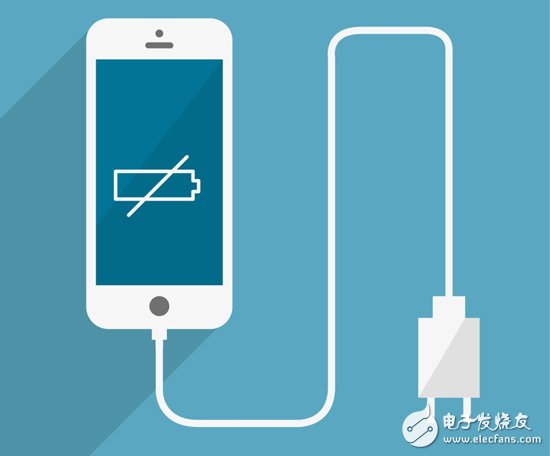The computing power of smartphones and tablets has progressed so fast, but battery technology has been "dragbling." Life is beyond one day, becoming a major pain point. Some people even think that mobile phone life is a problem for software developers because their applications contain a lot of useless code that wastes the energy and communication resources of the phone.
To know that the battery industry is not changing with each passing day, people still have a lingering fear for the future: people are imagining that one day mobile phone battery life can last more than one day!

Below we will introduce some current and future cutting-edge battery/charging technologies, many of which have long been born and advanced in performance, but have not been mass-produced and entered into thousands of households because of cost and safety considerations.
Solid state battery
Most people have heard of solid state drives, and probably haven't heard of solid state batteries? In fact, solid-state batteries are well understood, because most of the existing batteries are liquid batteries, and the electrolyte is liquid.
A company called SakTI3, founded by the University of Michigan research team, is working on a new solid-state battery with an energy density of 1,100 watts per liter, about 50% better than existing lithium-ion batteries – a pity The technology of solid-state batteries has already been born, but it has been temporarily put aside because of the high cost of production/difficulty. Fortunately, researchers have been making efforts.
Lithium-sulfur battery
The use of nanotechnology to add sulfur to the existing lithium battery electrolyte chemistry can not only increase its energy density several times, but also extend its service life. A company called Sion Power has received investment from the US government and BASF, the world's largest chemical industry group. The lithium-sulfur battery produced by the company claims to have an energy density of 2,600 watt-hours per liter - unfortunately Lithium-sulfur battery technology, like most other high-tech batteries, will take time to produce at the right market.
High Intensity Focused Ultrasound (HIFU) technology is to focus ultrasound on a single point to produce high energy, function on the dermis and SMAS layer of skin, stimulate the proliferation and recombination of collagen, effectively achieve the effect of compact contour and smoothing lines.
Focused ultrasound does not heat the skin surface, nor does it need to pass through the skin as a medium for the transmission of laser energy, so it does not affect the tissue on the skin surface and the tissue through which the laser passes, of course, there will be no excessive heat residue on the skin surface. In this way, the epidermis will not be affected by heat, which can reduce the Eastern people's thermal reaction easily, and greatly reduce the chance of scald. Focused ultrasoundtherapy produces thermal coagulation points in the SMAS layer, and the thermal effect diffuses outward from the coagulation points, so the heat source is concentrated in the SMAS layer to be treated. It can produce more collagen denaturation.
HIFU Piezoelectric Ceramic Parts
Ultrasonic Transducer Component,Piezo Crystal For Vibration Transducer,Piezoelectric Ultrasonic Rings,High Power Ultrasonic Machining
Zibo Yuhai Electronic Ceramic Co., Ltd. , https://www.yhpiezo.com